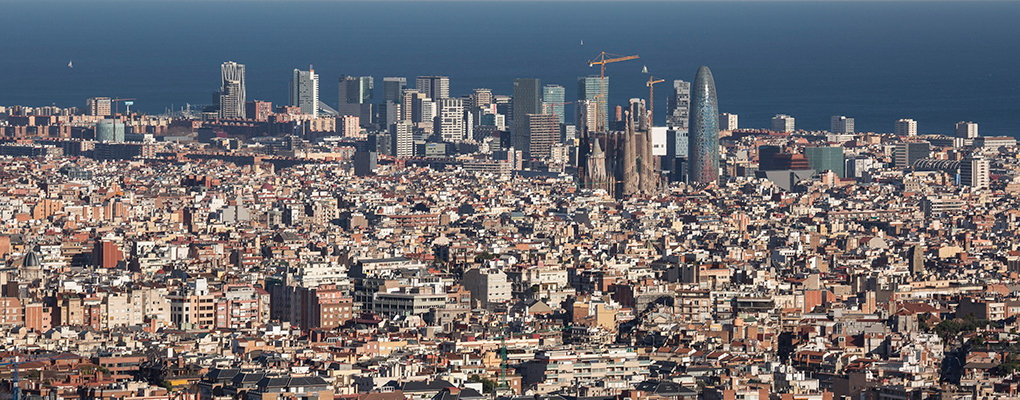
At 0.9 percent, Spain’s GDP growth for the first quarter of 2015 indicates a robust return to the nation’s economic expansion. The figure, which was published on April 30 by Spain’s National Statistics Institute (INE), is more than both the 0.8 percent predicted by economists for the period and the 0.7 percent rate achieved in the previous quarter.
According to the INE, the annual GDP growth for Q1 2015 is 2.6 percent, which is significantly greater than the 2.0 percent rate for the same period last year.
Higher-than-expected job creation has also
been achieved
Growing domestic demand and strong levels for both private consumption and investment can be largely attributed to Spain’s current economic spurt, which is at its fastest pace since before 2008, when the country’s dire economic crisis set in.
Public spending cutbacks and structural reforms have also been effective, leading to predictions of further growth over the course of the year.
According to a report published by the European Commission in February, “The recent overall economic and financial developments confirm the stabilisation that has been unfolding over the last two years in Spain”. The report explains that a more conducive financial environment, rising market confidence and lower energy prices have all helped to prop up the economic growth exhibited in 2014 and so far this year.
Higher-than-expected job creation has also been achieved, although Spain’s unemployment rate is still considerably high at 23.7 percent for the first quarter of 2015. In addition, public and private debt remains elevated, which can limit continued fast growth in the long-term unless tackled in the short to medium term. Furthermore, “the country remains vulnerable to sudden changes in global investor sentiment,” reads the Commission’s report.
Earlier this week, Prime Minister Mariano Rajoy announced that the government expects the economy to grow by 2.9 percent in 2015, higher than the 2.3 percent year-on-year GDP growth predicted by the Commission – making Spain the fastest growing economy in the Eurozone. Although the country still faces several fiscal challenges, as listed above, it would seem that it could actually be on track to achieve this feat – a remarkable achievement given Spain’s financial position just a few short years ago.


